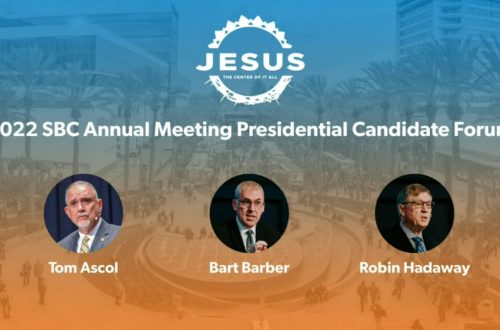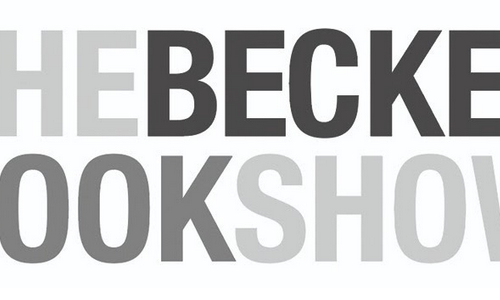Justin Taylor links today to a long-read from Alastair Roberts. I would say that this is a must-read piece if you want to understand shifting attitudes among “evangelicals” on the issue of same-sex marriage. It’s from November but still highly relevant–especially today. Here is a slice from the conclusion:
To understand the future of evangelicalism, there are few things more important than attending to currently shifting networks of trust. If people are confident that evangelicalism will generally be opposed to same-sex marriage in twenty-five years’ time, for instance, I wonder whether they have been paying close attention to the movements that have been taking place. The most prominent voices that have opposed same-sex marriage are now regarded with deep distrust from many quarters, especially by the younger generations, not least on account of their politics and the abuse scandals that have tarnished their reputation. People no longer trust them as leaders, so their position on same-sex marriage is now thrown into greater question. Although they may officially have authority, practically they have little authority over the younger generations. Most of us have LGBT persons in our families and friendship groups and many of us have a much closer bond with them than with an older generation of Christian leaders. Many people’s trust in Scripture’s power to speak to issues of gender and sexuality has also been damaged through the influence of purity culture and the often hateful extremism and callousness that they associate with traditional evangelicals’ opposition to homosexual practice and same-sex marriage.
Again, younger generations have grown up and live in a context of overwhelming information and competing gatekeepers. As a result, they have learned to function more as independent theological and religious consumers, assembling their own faith through picking and choosing among authorities. As much biblical and theological reasoning lies beyond the power of their independent understanding, yet they must now determine what positions to hold based on their own research, they are increasingly inclined to treat theological positions whose truth lies beyond their power to determine as adiaphora. Alternatively, they introduce different criteria for assessing truthfulness, criteria more amenable to minds without rigorous theological education, privileging impressions or their sense of what is most ‘loving’. In such a context, a heavily contested view such as the legitimacy of same-sex marriage is likely to come to be regarded as optional by many.
As with the social crisis of truth, thought, and knowledge facing America, the crisis facing the Church will only be addressed as it is addressed precisely as a social problem. Where trust has broken down, a crisis of truth will soon follow in its wake. Rebuilding trust once lost is an immensely daunting and difficult task, yet it is the task that faces us. Where trust is lacking, there is little to be gained from directing ever more information and arguments at people. Repentance must be made, forgiveness must be sought, bonds of trust must be repaired, and then truth might begin to do its work.
Read the rest here.



